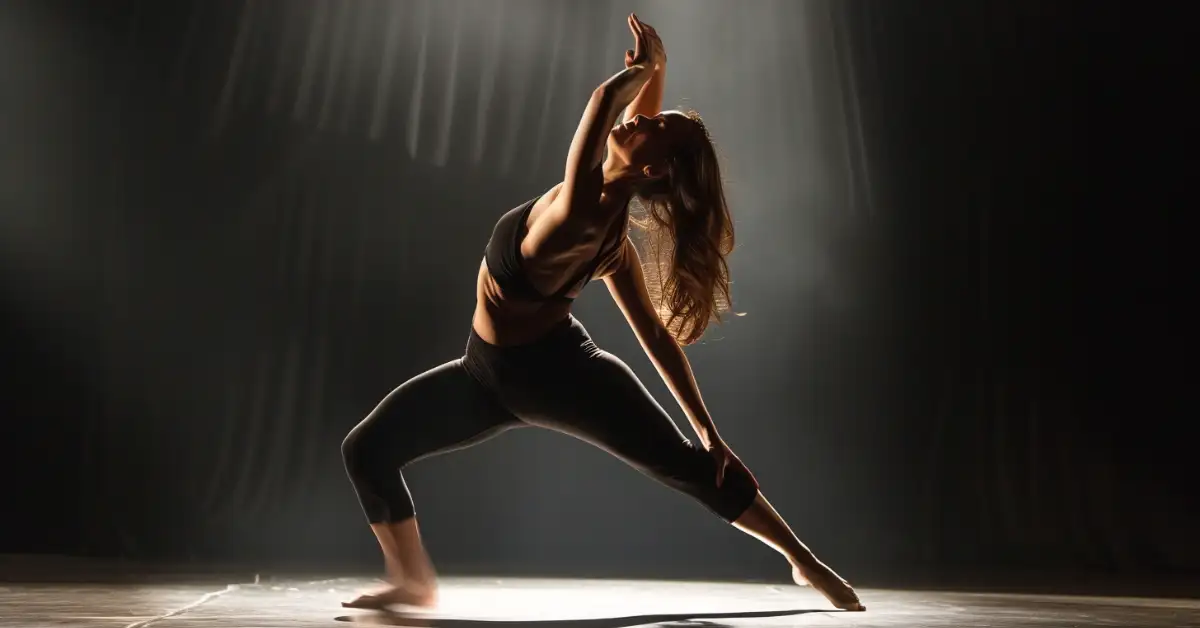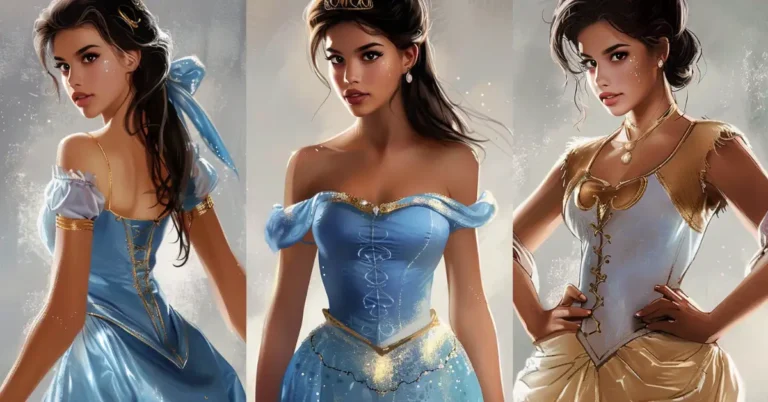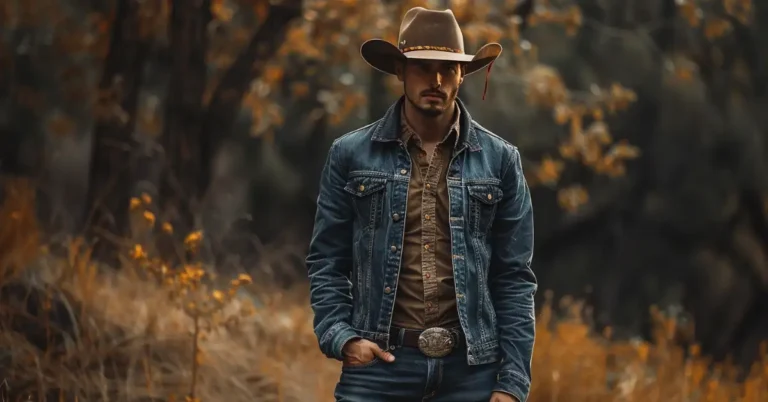Dive into contemporary dance moves and discover an expressive world where each step tells a story. If you’re looking to express emotions through movement, contemporary dance offers a unique blend of freedom and fluidity that transcends traditional ballet. This guide will help you master the art of contemporary dance, providing you with the tools to communicate feelings and narratives through your body’s motion. Embrace the dance form that allows individuality to shine and emotions to speak without words.
Historical Context of Contemporary Dance Moves
We’ve seen an incredible journey in the dance world, with contemporary dance moves etching a path through history, breaking away from traditional ballet and jazz to create something entirely fresh and dynamic.
Evolution of Contemporary Dance
Contemporary dance moves didn’t just appear out of thin air; they evolved as a rebellious mixture of styles and an expression of modern life. The roots of this dance form can be traced back to the early 20th century when pioneers began pushing against the constraints of classical dance. They liberated themselves from the precise movements of ballet and synchronized groups of jazz, preferring instead to explore emotion and individual freedom through motion.
Influences from Ballet and Jazz
Although contemporary dance deliberately distances itself from classical ballet, it cannot deny its lineage to the art form. Dancers have borrowed ballet’s discipline and body control while infusing it with a spirit of experimentation. Likewise, the energy and rhythm found in jazz dance have made their way into contemporary choreography, making it a true melting pot of varied influences.
Foundational Techniques
Diving into the world of contemporary dance moves, we often find ourselves mesmerized by the fluidity and expressional freedom it offers. It’s essential to grasp the core principles of movement and basic techniques, from the grounding curl down and up to the dynamic leg swings, achieving the perfect flat back, and gracefully executing a chasse.
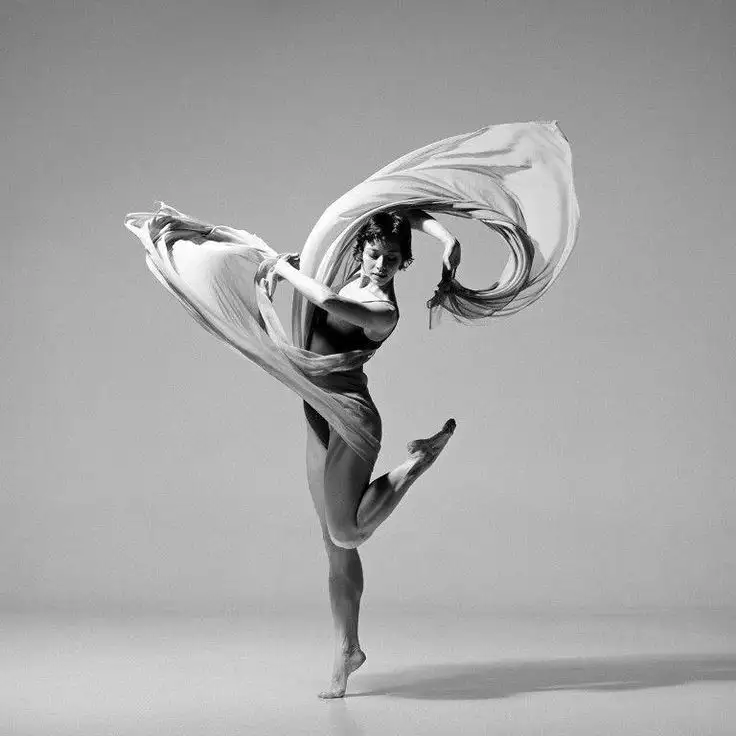
Core Principles of Movement
We know by now that the body is our canvas and action is our brush in the art of dance. In contemporary dance, movements are guided by concepts like balance, core strength, and conscious use of space. Every movement we initiate emanates from a place of purpose and awareness of our physical presence in time and rhythm.
- Core Strength: Critical for stability
- Balance: Essential for control
- Spatial Awareness: Understanding the area our body moves within
Basic Techniques and Training
Training in contemporary dance fuses techniques, floor work, and improvisation to encourage versatility. We embrace fall and recovery to explore our limits, constantly challenging our balance and core strength.
- Techniques: Includes Graham, Cunningham, and Release
- Floor Work: Improves fluidity of movements
- Improvisation: Cultivates spontaneous expression
Curl Down and Up
Begin standing in the jazz first position with your feet side by side, facing forward, arms resting gently at your sides, and eyes looking down. Gradually round your back, starting from the top of your spine, and fold forward with control, avoiding any abrupt folding at the waist. As you reach the midpoint of your descent towards the floor, softly bend your knees and proceed with the rolling motion.
Leg Swings
Begin in a parallel first position and extend your arms to the side to achieve the second position. Gently slide your right foot forward, toes pointed, and let it glide across the floor through the first position. Continue the motion by sweeping the right leg backward, and softly bending the knee. This movement frequently serves as a fluid transition within a dance sequence.
Flat Back
Executing a flat back correctly requires both discipline and flexibility. Begin by bending forward, ensuring your spine remains as straight as possible. Extend your arms above your head into a high fifth position, with your palms facing each other. Then, lift your torso back up, moving your arms in unison with your body in one smooth motion. This movement showcases elegance and control, reminiscent of its ballet origins.
Chasse
The chasse is a basic leap commonly seen in contemporary dance. Beginning with your weight on one foot, you transition your weight during a plié position and then spring into the air, bringing both feet together vertically. This step allows you to glide gracefully across the dance floor, and for added complexity, you can incorporate elevation and rotation into the movement.
Performance and Choreography
We’ve seen contemporary dance moves evolve, becoming a powerhouse of expressive and nuanced performance art. It’s not just about the steps—it’s about the story we’re telling and the connection we forge with those who watch.
Creating a Dance Piece
First, we start with an idea, a spark that’s going to be the heart of our dance piece. Inspiration can strike from anything—a melody, an emotion, or a concept demanding to be explored. Then, it’s all about translating that into movements that embody our vision.
- Structure: We outline the framework, deciding on the beginning, climax, and resolution
- Choreography: Movements and sequences are crafted to fit our structure, ensuring each gesture carries significance
Connecting with the Audience
Connection is the lifeline of a performance. Our next step is to make sure the nuances of the dance reach every single person watching.
- Rehearsal: We perfect our moves, making each one deliberate and expressive
- Performance: On stage, we immerse ourselves in the choreography, conveying emotion to draw the audience into our world
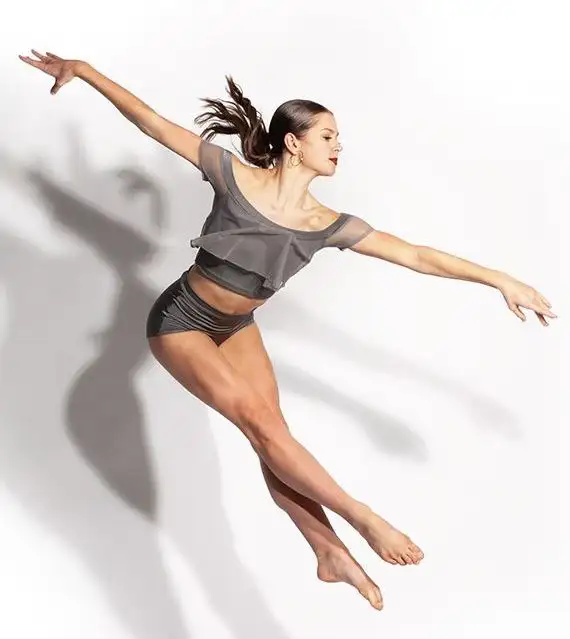
Self-Expression in Dance
We find the essence of contemporary dance moves in their ability to channel our innermost emotions into expressive, physical forms. It’s where intention and eye contact aren’t just parts of a move—they’re the heart of our story.
Improvisation and Freestyling
Improvisation is our playground for creativity, a space where we let our emotions guide our bodies without pre-choreographed steps. It’s not just about being spontaneous; it’s about pulling from our reservoir of feelings and translating them into uniquely our movements. Whether we suddenly decide to sweep our arms up into the air or drop to the ground in a controlled descent, each action is a statement of who we are.
- Spontaneity: Harnessing the moment to express our emotions rawly
- Individuality: Each individual’s improvisation is a distinct fingerprint
Communicating Through Movement
Communicating through movement in contemporary dance moves takes us beyond words. Our bodies speak a universal language that conveys stories and emotions with more depth than speech could ever capture. Eye contact, a powerful tool in our arsenal, bolsters the connection with our audience, making each gesture an intimate conversation.
- Storytelling: Evoking narratives through our body language
- Connection: Engaging directly with our viewers through compelling eye contact
FAQ
What are the 5 principles of contemporary dance?
Remember the five elements of dance with the acronym BASTE: Body, Action, Space, Time, and Energy.
What are the 11 physical skills in dance?
The 11 physical skills in dance include posture, alignment, balance, coordination, control, flexibility, mobility, strength, stamina, extension, and isolation.
Is dance a talent or skill?
Dance is both a talent and a skill. Talent can provide a natural propensity towards movement and rhythm, while skill is honed through practice and training.
Can a bad dancer became good?
Yes, a bad dancer can become good with consistent practice, dedication, and proper training. Taking lessons, setting goals, and daily practice are key steps to improve dancing abilities.
Enjoyed our blog post on “Contemporary Dance Moves”? We’d love to hear your thoughts! Drop us a comment below to share your experience.
If you want to keep reading more from us, have a look at these articles.

